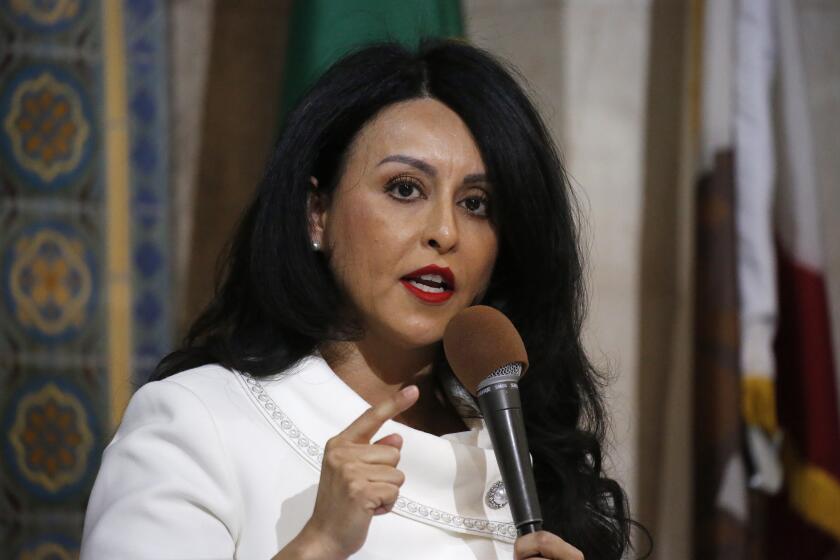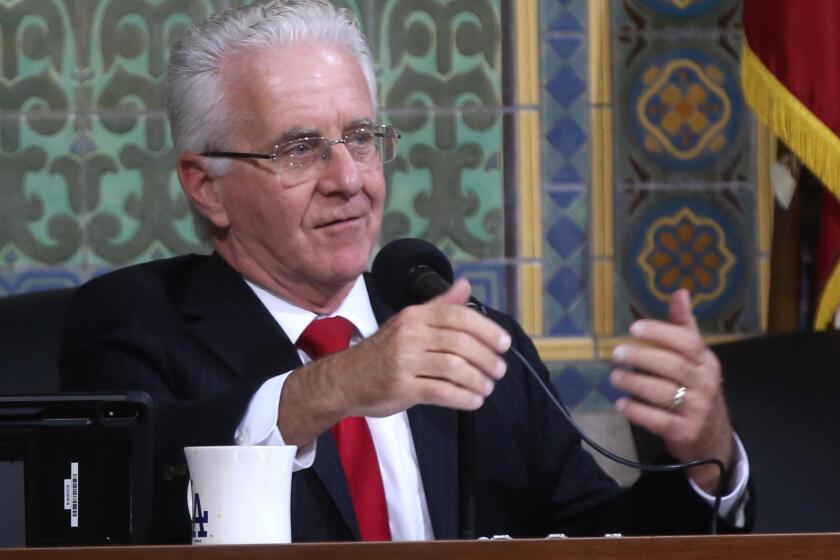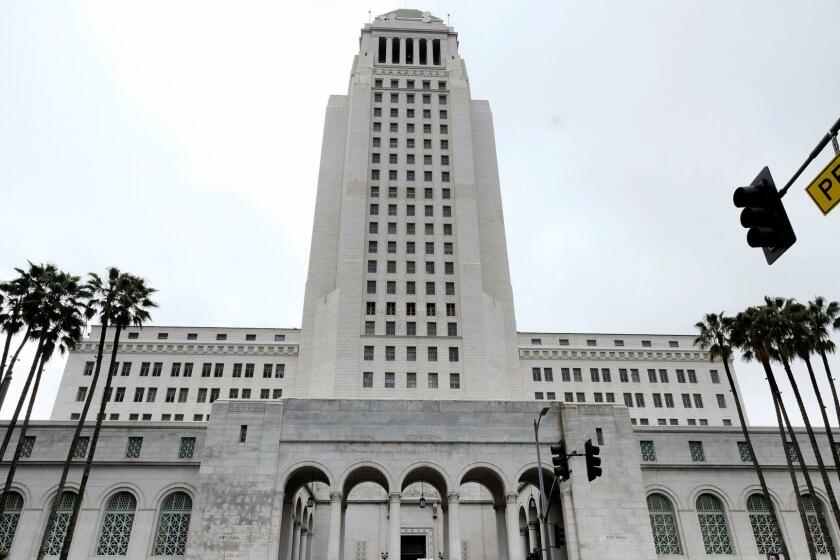Los Angeles City Council President Paul Krekorian, a former ethics commissioner himself, signed the ballot argument in favor of Charter Amendment ER, calling the proposal “the first significant ethics reform measure in the history of the Ethics Commission.”
Others are much more lukewarm, saying the measure is too watered down. California Common Cause, a nonprofit that typically backs anti-corruption measures, expressed profound disappointment with the final language of the charter amendment.
California Common Cause and several of its allies had been hoping to give the Ethics Commission the power to send reform measures directly to voters, bypassing the council. In the end, the group declined to take a position on ER.
“The Los Angeles City Council had a chance to turn the tide of corruption at City Hall and begin a new era in which L.A. residents could trust their local elected officials,” Jonathan Mehta Stein, executive director of California Common Cause, said in May. “Instead they chose to uphold a broken, shameful status quo.”
Reform groups also tried, without success, to include language that would expand the size of the commission, ensuring that two of its members would not be appointed by politicians. The council removed that passage from the final draft.




























